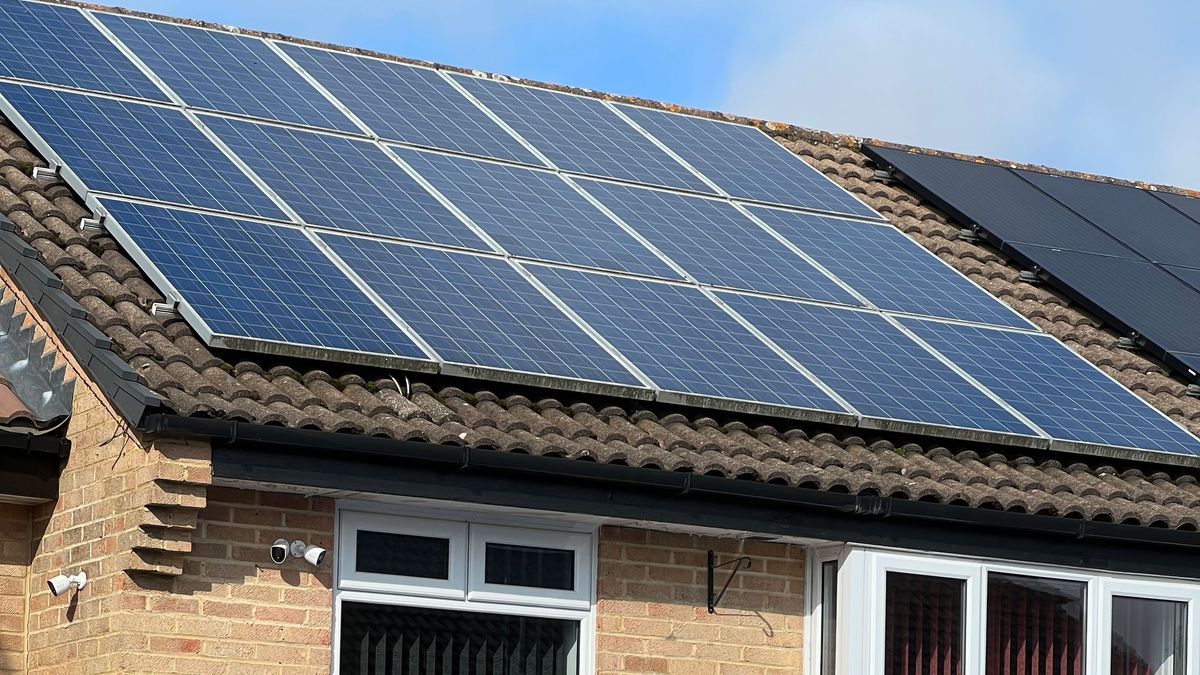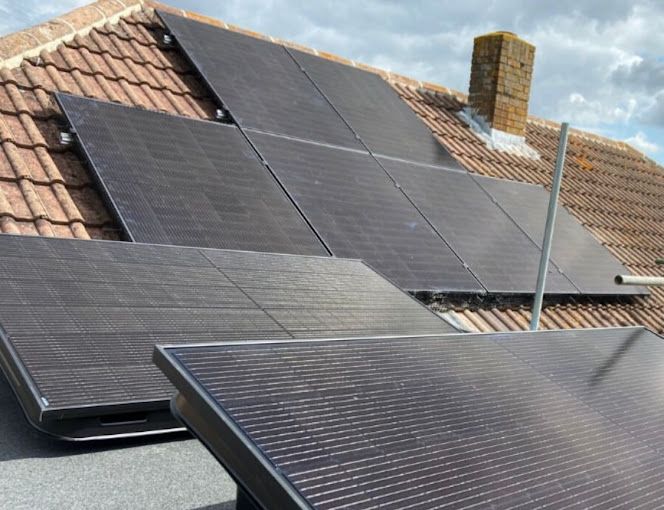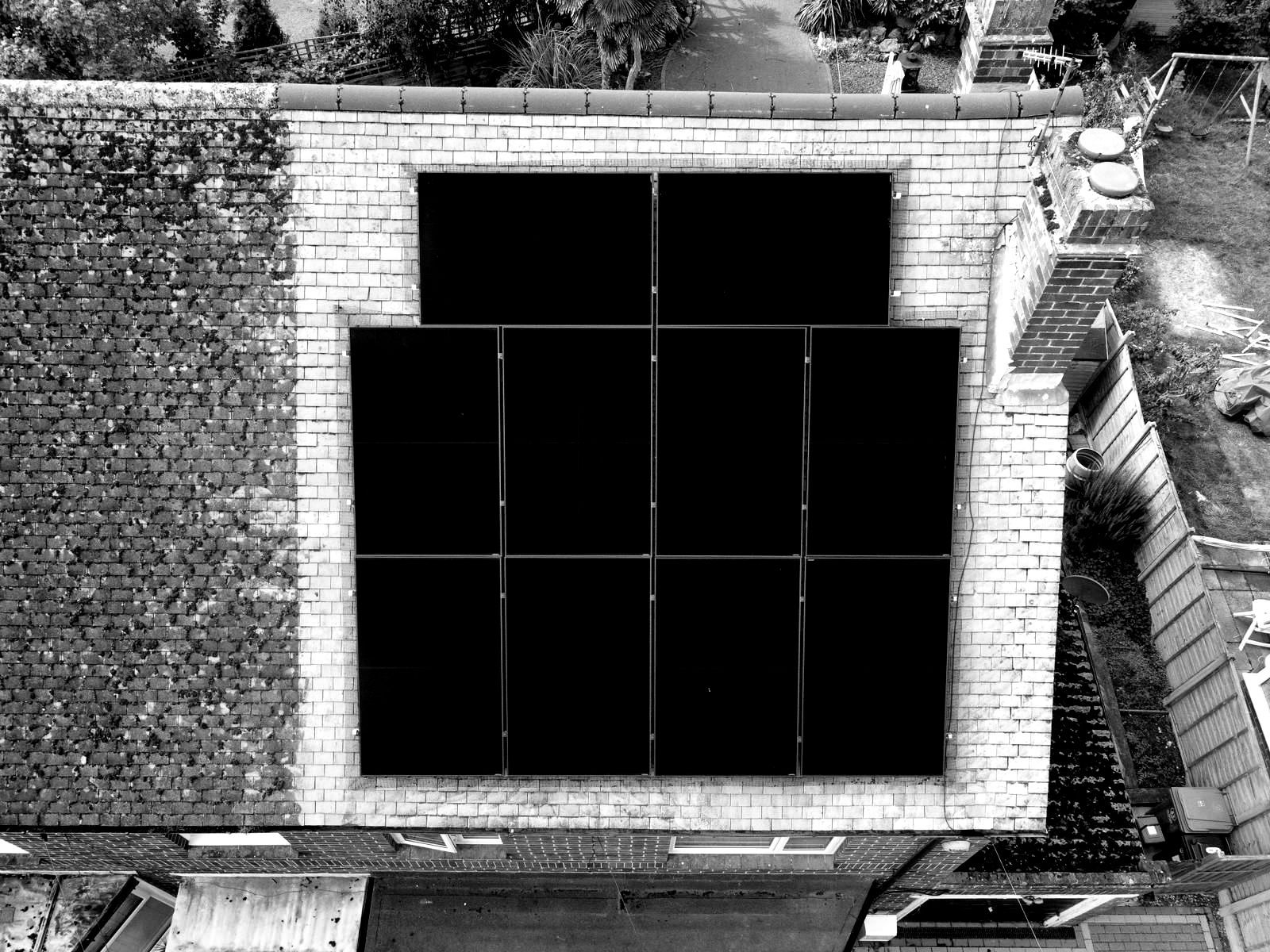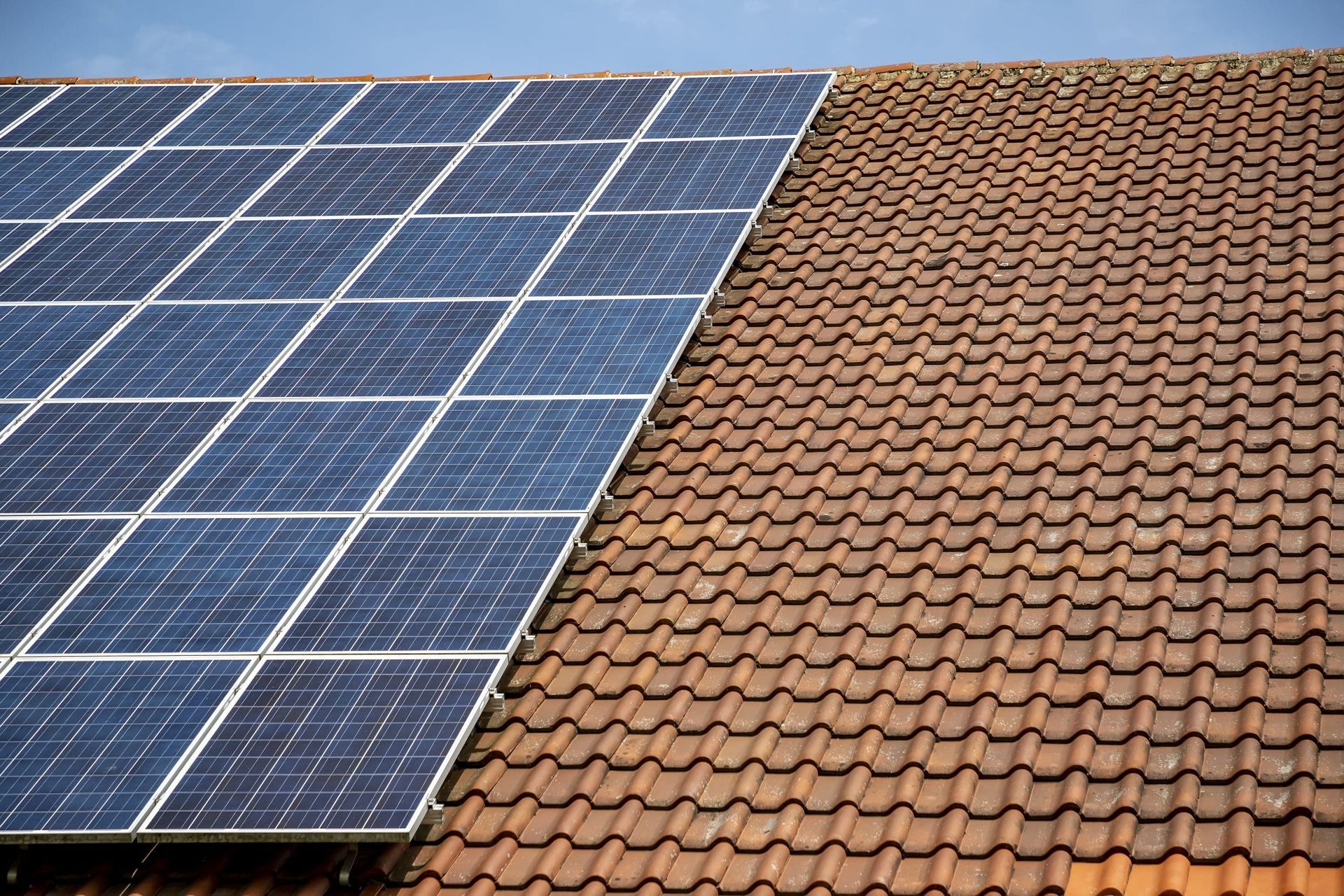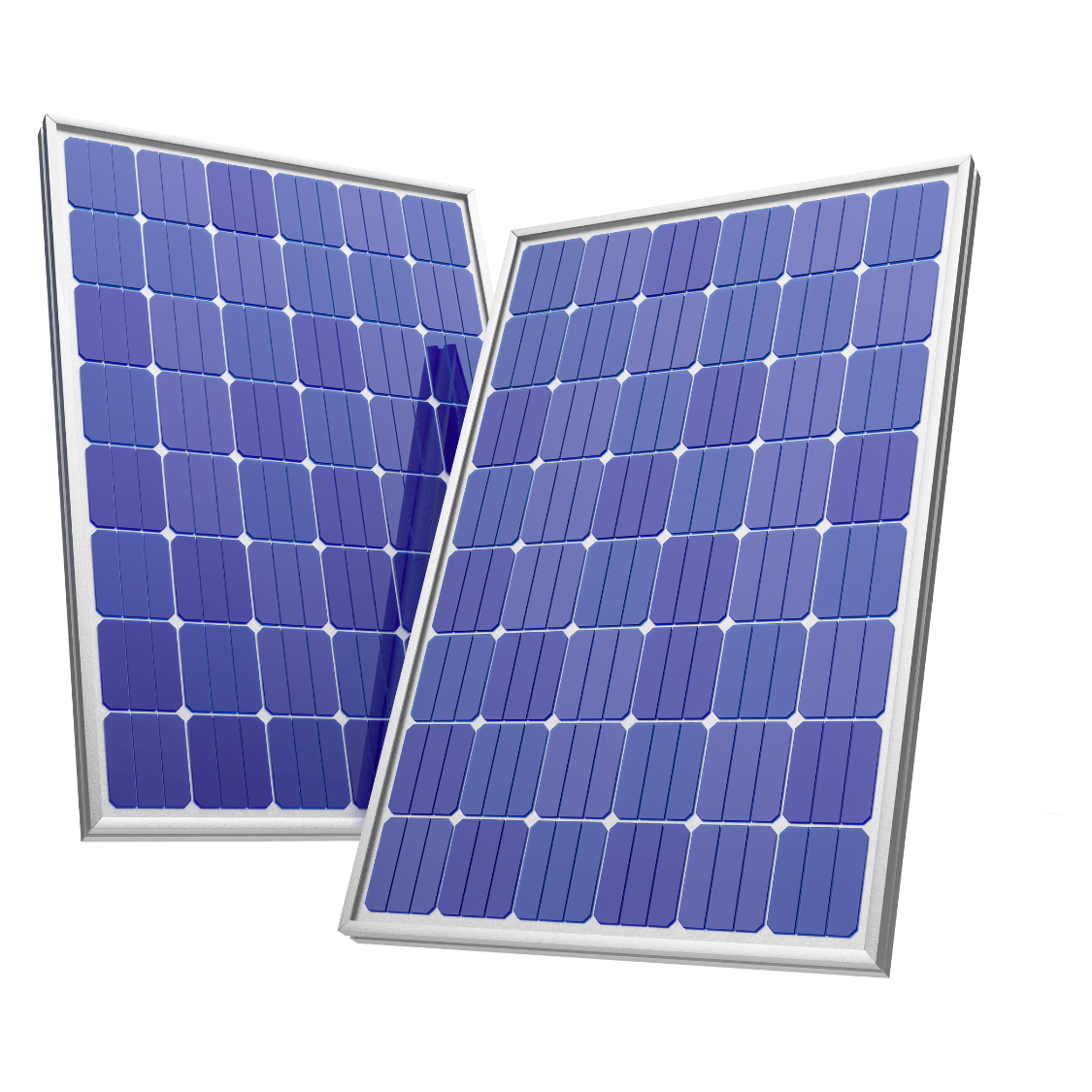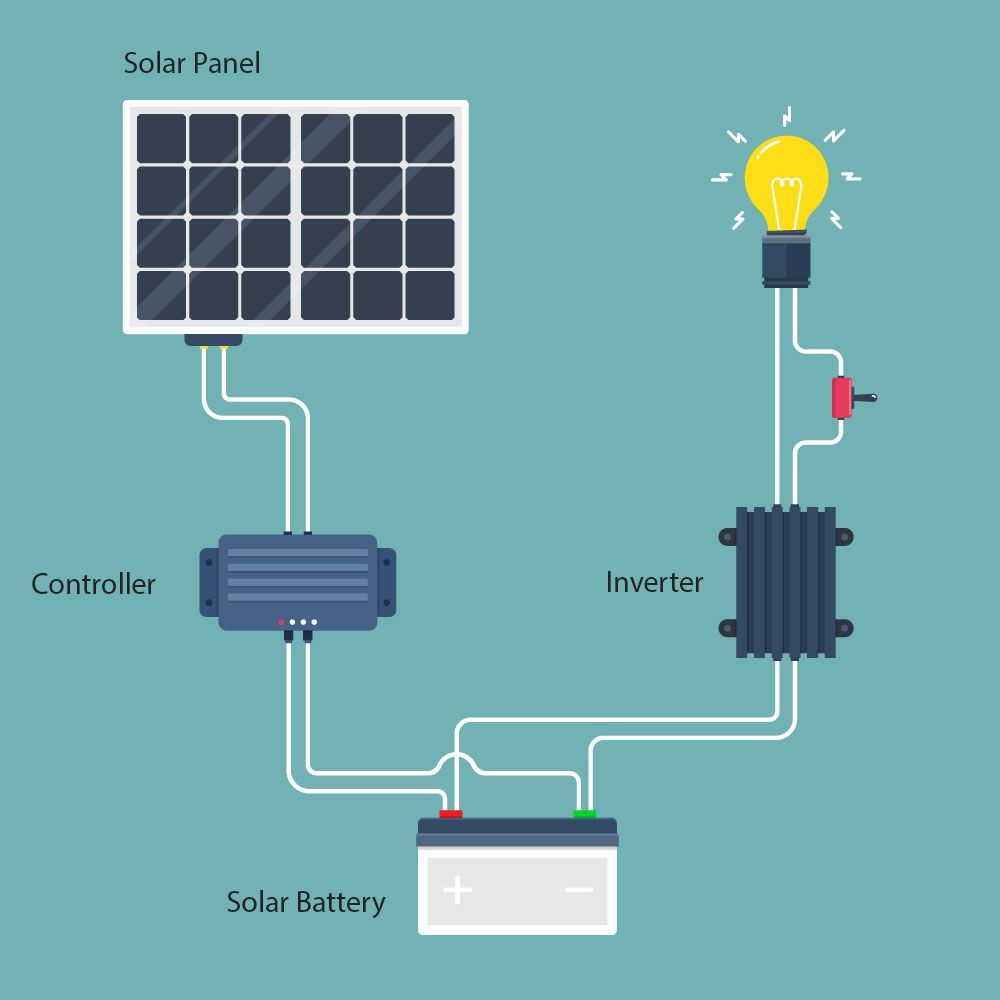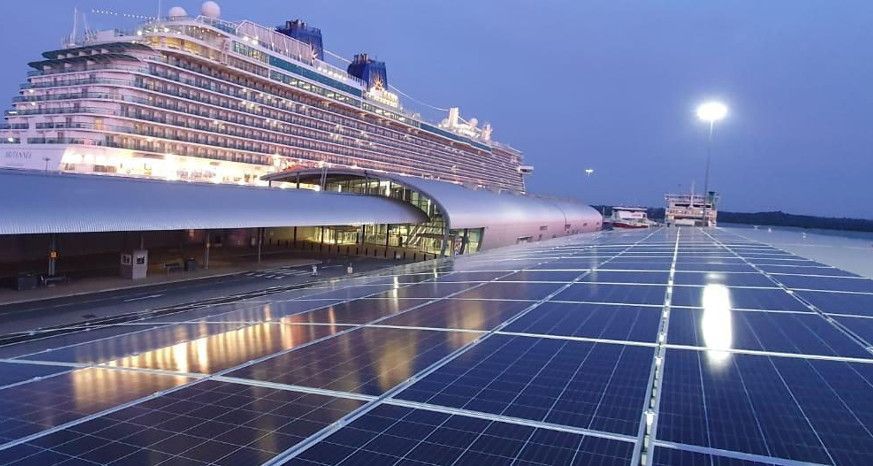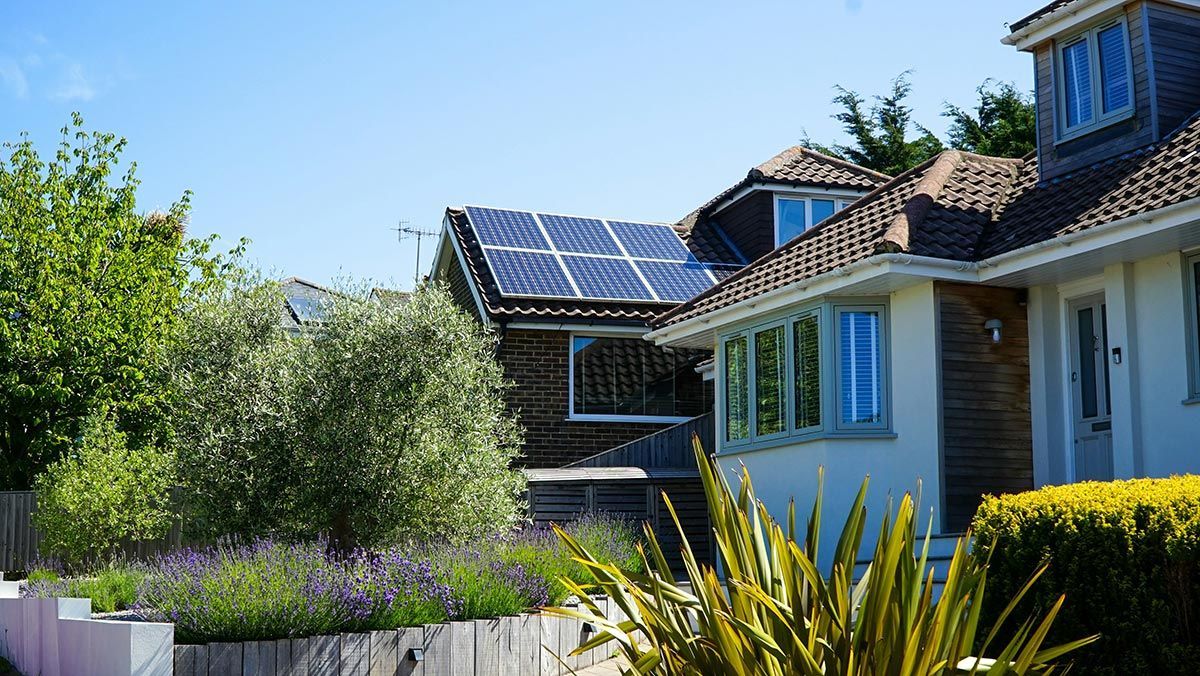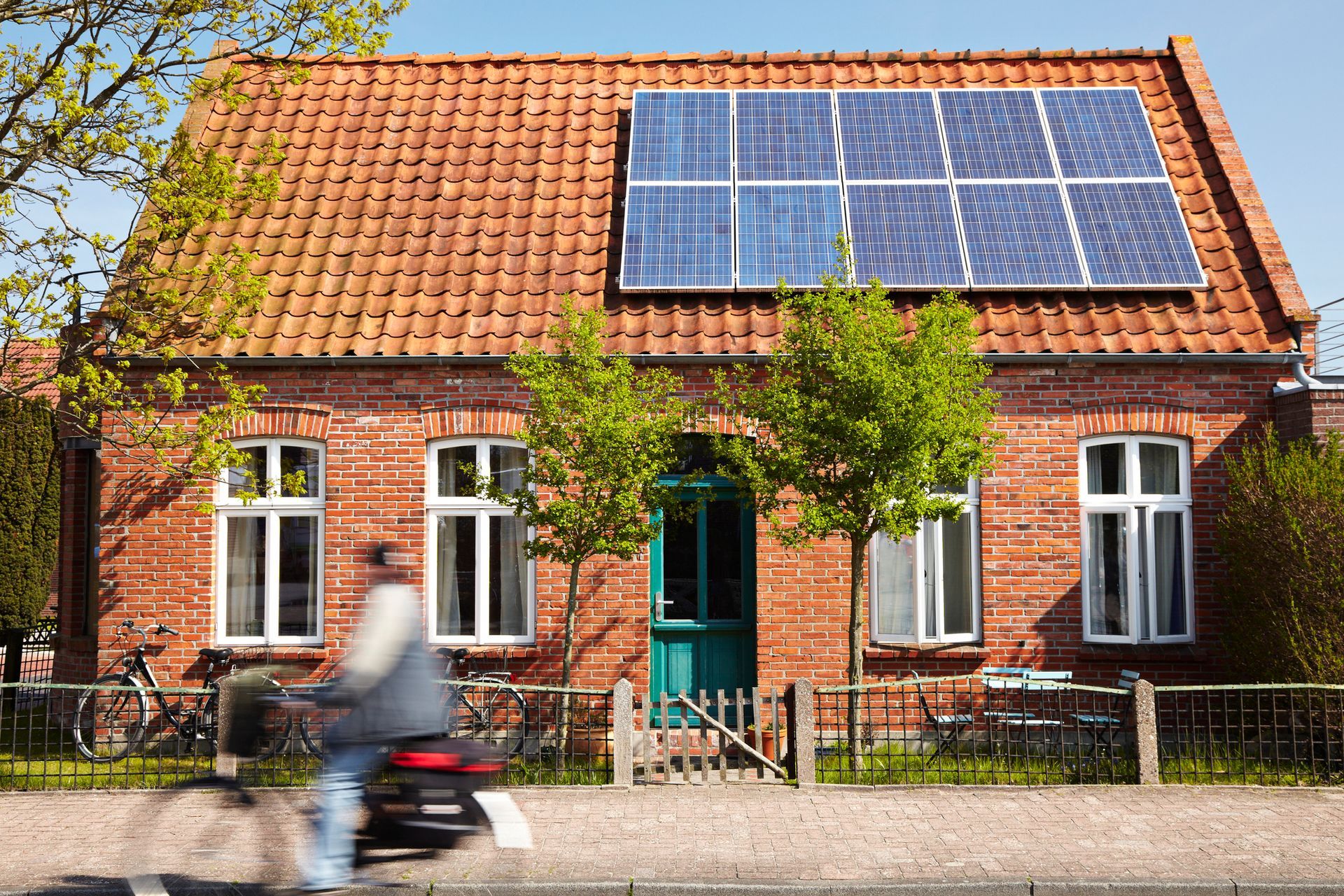By Ryan Keites
•
November 19, 2024
Solar panels are becoming a staple for eco-conscious homeowners and businesses alike. While they promise lower energy bills and a greener planet, the question on everyone’s mind is: are they worth the investment? The upfront cost, long-term savings, maintenance, and environmental impact all play a role in determining their value. Let’s break it down in detail to see what you’re really paying for and what you’re gaining in return. What Do Solar Panels Cost? The initial cost of installing solar panels ranges between £5,000 and £15,000 for a standard residential system. The exact price depends on factors like: System size: Larger systems with higher energy output cost more. Panel quality: Premium panels with better efficiency and durability may have a higher price tag. Installation complexity: Roof type, height, and wiring needs can impact labour costs. While this might seem like a significant upfront investment, there are ways to reduce the burden: Government Incentives: Many countries offer subsidies or tax credits. For instance, the UK’s Smart Export Guarantee (SEG) allows you to sell unused solar energy back to the grid, generating passive income. Financing Plans: Solar loans and payment plans make it easier to spread out costs over time. Pro Tip: Investing in a high-quality system upfront can save more in the long run due to better efficiency and durability. How Do Solar Panels Save You Money? The main financial appeal of solar panels is their ability to lower energy bills . Solar panels generate electricity from sunlight, reducing your reliance on the grid. How much can you save? Homeowners typically save between £200 and £500 annually on energy bills. Savings depend on your energy consumption and the size of your solar system. Battery Storage for Maximum Savings Adding a solar battery storage system lets you store unused electricity for later use, especially during peak hours when energy costs are higher. This reduces your reliance on the grid even further and maximizes your return on investment. Long-Term Perspective The average payback period for solar panels is 8–12 years . After this, the energy savings are pure profit. For example: If your system costs £7,000 and you save £400 annually , you’ll recoup your costs in just under 10 years. From that point on, you’re essentially getting free electricity for the remainder of your panels’ lifespan. What About Maintenance and Lifespan? One of the biggest misconceptions about solar panels is that they require constant upkeep. In reality, they’re incredibly low maintenance. Lifespan Solar panels typically last 25–30 years , with many still producing electricity beyond this time frame. Most manufacturers offer warranties covering 20–25 years , ensuring you’re covered for most of their lifespan. Maintenance Costs Cleaning: Dust, dirt, and debris can reduce panel efficiency. Annual cleaning costs between £50 and £150 , though many homeowners clean their panels themselves. Inverter Replacement: The inverter, which converts solar energy into usable electricity, needs replacing every 10–15 years at a cost of around £1,000 . Occasional Inspections: Checking for damage after severe weather ensures optimal performance. Compared to the long-term savings, these costs are minimal. Do Solar Panels Add Value to Your Home? Installing solar panels isn’t just about saving money—it’s also about increasing your property’s value. How Much Value Do They Add? Studies show that homes with solar panels sell for 4–6% more than homes without them. Buyers are attracted to properties with lower utility bills and sustainable features, making solar panels a valuable selling point. Example: If your home is worth £250,000 , adding solar panels could increase its value by up to £15,000 . Market Trends With more buyers looking for energy-efficient homes, having solar panels can set your property apart in a competitive market. What Are the Environmental Benefits? The financial benefits are just one side of the story. Solar panels also have a significant positive impact on the environment. Carbon Emission Reduction A typical residential solar system offsets around 30 tons of CO2 over its lifetime. This is equivalent to: Planting hundreds of trees. Taking multiple cars off the road for a year. Energy Independence By generating your own electricity, you’re less dependent on fossil fuels and the fluctuating costs of energy from the grid. This not only benefits you financially but also contributes to a cleaner, more sustainable energy future. Supporting Renewable Energy Growth Every solar installation contributes to the global shift toward renewable energy, reducing the strain on non-renewable resources and promoting innovation in sustainable technology. Are There Hidden Costs? While solar panels are generally low maintenance, there are a few additional costs to consider: Battery Storage: Adding a battery to store excess energy can cost between £2,000 and £6,000 , but it significantly increases savings. Inverter Replacement: As mentioned earlier, this costs around £1,000 every 10–15 years. Cleaning Services: If you choose professional cleaning, it will add a small annual expense. However, these costs are far outweighed by the long-term savings and other benefits. Do Solar Panels Work for Everyone? Solar panels are a great investment for most people, but there are factors to consider: Roof Orientation: South-facing roofs receive the most sunlight, maximizing energy generation. Shading: Trees or buildings that cast shade on your roof can reduce efficiency. Energy Consumption: Homes with high electricity usage benefit the most from solar panels. If your home isn’t ideal for solar panels, consider community solar programs or alternative renewable energy solutions. Conclusion The true cost of solar panels isn’t just about the upfront price—it’s about the long-term savings, property value, and environmental impact. While the initial investment may seem significant, the benefits quickly stack up: Lower energy bills and increased savings. Enhanced property value for homeowners. A reduced carbon footprint and support for renewable energy. With government incentives, financing options, and the ability to earn money from selling excess energy, solar panels have never been more accessible. The question isn’t “can you afford solar panels?” It’s “can you afford not to?” Ready to make the switch? Contact us today and start your journey toward energy independence and a greener future.
